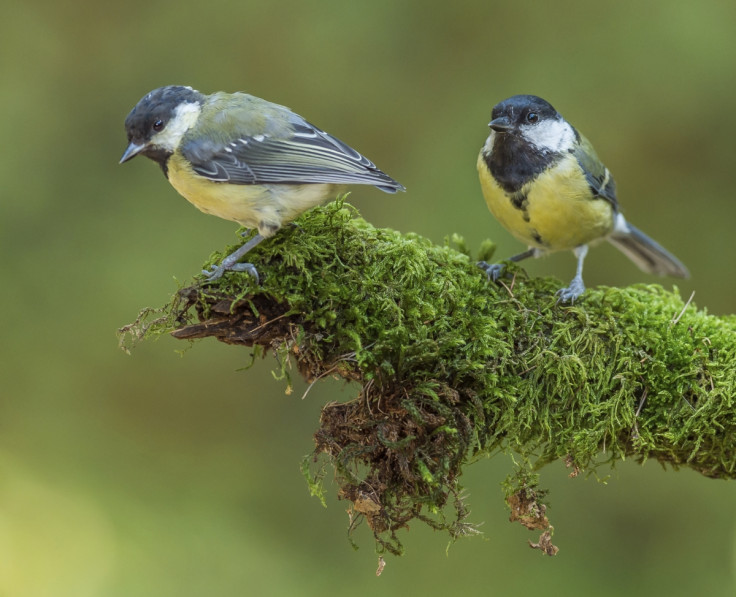Big Garden Birdwatch: 500,000 people take part in world's biggest wildlife survey

Thousands of people are recording bird species observed in parks, gardens and the countryside in Britain. The RSPB Big Garden Birdwatch is tracking species such as song thrushes and starlings which have declined by 70% and 80% respectively since 1979, when the survey started.
In its 37th year, the Royal Society for the Protection of Birds (RSPB) wildlife survey is the largest of its kind in the world and last year, 8.5 million birds were counted by 585,000 people.
Happy #BigGardenBirdwatch weekend everyone! Who's done their count already? Let us know! https://t.co/mfVmlZ37Ht pic.twitter.com/efW3j1hckz
— RSPB (@Natures_Voice) January 30, 2016December was the warmest and wettest month in the UK in more than 100 years and this could affect which types of birds are seen in British gardens. However, the recent cold snap may affect the long-tailed tit, which suffers in icy weather conditions. The RSPB also warned that there might be fewer finches and blackbirds coming in from the continent.
"If the UK experiences a continuation of these milder temperatures, those taking part in Big Garden Birdwatch may notice their gardens quieter than in other years," RSPB's Ben Andrew told the BBC. The wildlife adviser said it was important to keep garden feeders stocked so that birds can find food in adverse weather conditions.
Help birds and other wildlife, take part in the #BigGardenBirdwatch pic.twitter.com/Ebi2v9GOuH
— Action For Earth (@action_earth) January 30, 2016People are encouraged to spend around an hour looking for birds and then reporting their sightings to the RSPB. This assists the organisation to find out more about changes in the bird population and any other interesting developments.
Endangered birds in Britain
The cuckoo is returning from Africa each spring in fewer and fewer numbers. Conservation groups are currently researching why this bird is declining. Cuckoos have been designated a 'red-list' species by the RSPB – meaning that more than half of the population has disappeared in the past 25 years.
#BigGardenBirdwatch you can always rely on beloved, colourful #Starling & there is more.. count on. #Robin #Sparrows pic.twitter.com/PRxY8izTYA
— SaveOurSparrows (@SaveOurSparrows) January 30, 2016
The spotted fly catcher, once known as the parson's bird, used to nest widely in large vicarage gardens and churchyards across Britain. Now it is rarely seen, with many formerly occupied nest sites abandoned.
The turtle dove used to be a familiar sight in summer but their numbers have been decreasing at an alarming rate. Conservationists are working with farmers in England to help invigorate numbers.
© Copyright IBTimes 2024. All rights reserved.






